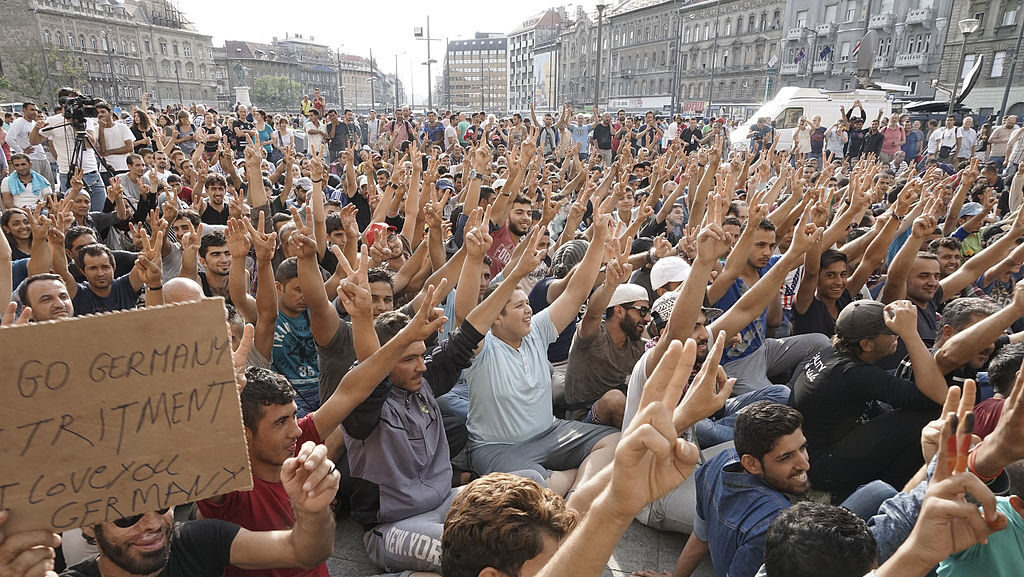It has been ten years since the migration wave swept across Europe, leaving lasting consequences that many countries are still grappling with. At the time, Hungary was the only country on the continent that defied EU pressure and refused to allow the uncontrolled inflow of refugees into its territory—and by extension, into the European Union. Today, several member states acknowledge that their overly permissive approach was a mistake, but the trends it set in motion are now impossible to reverse.
Hungarian Foreign Minister Péter Szijjártó drew attention to this in a Facebook post on Sunday, linking Sweden’s teenage crime wave to the 2015 refugee crisis.
“For ten years we have been saying: if a country makes a mistake on migration, the consequences will be irreversible. Where weak leaders of weak governments let in migrants, they can never be deported again,” Szijjártó wrote. He stressed that “we Hungarians do not want no-go zones in our big cities, we do not want a parallel society, and we do not want to feel like strangers in our own country.”
Szijjártó’s remarks came in response to reports that Sweden plans to lower the age of criminal responsibility amid a surge in gangs recruiting minors on social media for contract killings. In Sweden’s violent gang wars, teenage girls are increasingly being used as hitmen. Prosecutors say girls feel compelled to prove themselves tougher than boys, often resulting in even more brutal crimes. According to reports, 280 teenage girls are currently facing prosecution for murder, manslaughter, or other violent crimes.
Hungarian Prime Minister Viktor Orbán, while expressing his shock over the murder of his American ally Charlie Kirk, wrote in a newsletter he found the news from Sweden “even more disturbing.”
Organized crime is now considered one of Sweden’s most serious societal problems. The number of fatal shootings tripled between 2012 and 2022, while the criminal economy is estimated at 100-150 billion Swedish kronor (€8.5–12.8 billion). Crimes against children under 15 have doubled in the past decade, and the suspects in deadly shootings are getting ever younger.
As we previously reported, the Swedish government announced on September 10th that it will lower the age of criminal responsibility from 15 to 13, though no date has yet been set for the reform to take effect.
